Antonyms and Synonyms for Kids

Words are like building blocks of a language. When kids learn how to use them correctly, they can speak and write with more confidence. Two important word groups that every child should know are antonyms and synonyms. Synonyms are words that have the same or nearly the same meaning, while antonyms are words that have opposite meanings. For example, “happy” and “joyful” are synonyms, while “happy” and “sad” are antonyms.
What Are Synonyms?
Synonyms are words that mean the same or nearly the same. Using synonyms in sentences helps avoid repeating the same word again and again. For example:
-
Big – Large
-
Happy – Joyful
-
Fast – Quick
-
Smart – Intelligent
If a child writes, “The dog is big,” they can also say, “The dog is large.” Both sentences mean the same thing. Learning synonyms teaches kids how to add variety to their language.
Why Synonyms Are Important for Kids
-
They make writing interesting.
-
They help kids express ideas in different ways.
-
They improve reading comprehension.
-
They are useful for exams and vocabulary building.
Synonyms Meaning in Hindi for Kids
Many children learn English along with Hindi. Knowing the Hindi meanings of synonyms helps them understand faster. Here are a few examples:
-
Happy – Joyful (खुश – प्रसन्न)
-
Fast – Quick (तेज़ – शीघ्र)
-
Cold – Chilly (ठंडा – सर्द)
-
Beautiful – Pretty (सुंदर – खूबसूरत)
By showing kids both English and Hindi versions, parents and teachers can support kids learning in a bilingual environment.
What Are Antonyms?
Antonyms are words with opposite meanings. They are also called opposite words. For example:
-
Hot – Cold
-
Up – Down
-
Tall – Short
-
Day – Night
Learning antonyms helps children understand differences and contrasts. For example, if a child knows the word “happy,” they should also know the opposite word “sad.” This balance makes communication richer.
Why Antonyms Are Important for Kids
-
They help children understand contrasts in ideas.
-
They improve comprehension and logical thinking.
-
They add depth to writing.
-
They make it easier to describe feelings, situations, and objects.
Examples of Synonyms and Antonyms for Kids
To make it easy, let’s look at some lists.
Synonyms Examples:
-
Small – Tiny
-
Angry – Mad
-
Quick – Fast
-
Strong – Powerful
-
Funny – Amusing
Antonyms Examples:
-
Happy – Sad
-
Old – Young
-
Heavy – Light
-
Clean – Dirty
-
Near – Far
Combined Synonyms and Antonyms:
-
Big – Large (synonyms), Big – Small (antonyms)
-
Easy – Simple (synonyms), Easy – Hard (antonyms)
-
Hot – Warm (synonyms), Hot – Cold (antonyms)
-
Fast – Quick (synonyms), Fast – Slow (antonyms)
Fun Activities to Teach Synonyms and Antonyms to Kids
Children learn faster when activities are fun and engaging. Here are some simple activities:
1. Word Matching Games
Give kids cards with words and ask them to match synonyms together and antonyms together.
2. Opposite Hunt
Say a word like “day” and let kids shout the opposite word “night.” This helps them remember antonyms quickly.
3. Synonym Swap
Ask kids to replace a common word with a synonym. Example: Instead of “good,” they can say “excellent.”
4. Story Writing with Synonyms and Antonyms
Encourage children to write short stories using both synonyms and antonyms. This improves writing skills.
5. Drawing Activities
Let children draw two opposite pictures. For example: “hot” (a sun) and “cold” (a snowflake).
Benefits of Learning Synonyms and Antonyms at an Early Age
-
Better Communication Skills – Children can express feelings and thoughts clearly.
-
Improved Writing – Sentences become more colorful and expressive.
-
Stronger Reading Skills – Kids can understand stories and books more easily.
-
Boost in Confidence – Children feel proud when they use new words correctly.
-
Stronger Exam Preparation – Vocabulary-based questions become easier.
How Parents and Teachers Can Help
-
Use flashcards with synonyms and antonyms.
-
Encourage daily word practice.
-
Create a “word wall” at home or in class with opposite words.
-
Read stories aloud and ask kids to find synonyms or antonyms in them.
-
Use bilingual explanations, like synonyms meaning in Hindi, to support better understanding.
Common Mistakes Kids Make with Synonyms and Antonyms
-
Mixing up synonyms with antonyms.
-
Thinking two words are synonyms when they are not exact.
-
Forgetting the context. For example, “fast” can mean “quick” but also “not eating.”
-
Overusing the same words in writing.
Parents and teachers should gently correct these mistakes with examples and practice.
Antonyms and Synonyms Worksheets for Kids
Worksheets make learning easy and practical. Examples include:
-
Fill in the blanks with synonyms.
-
Circle the opposite words.
-
Match the pairs (synonyms and antonyms).
-
Write one synonym and one antonym for each word.
These worksheets can be done at home or in the classroom.
Digital Learning for Synonyms and Antonyms
In today’s world, kids love using mobiles, tablets, and laptops. Parents can use digital tools like:
-
Vocabulary apps for kids.
-
YouTube learning channels explaining antonyms and synonyms.
-
Online quizzes and games.
This makes learning interactive and enjoyable.
Building a Strong Vocabulary with Synonyms and Antonyms
Antonyms and synonyms are more than just school lessons. They are the keys to strong communication, confident speaking, and creative writing. By practicing opposite words for kids, using synonyms meaning in Hindi for bilingual support, and making learning fun through activities, children can grow into excellent communicators.
Parents and teachers should make vocabulary building a daily habit. With the right support, kids will not just memorize words but also understand how to use them. Strong vocabulary is the foundation of lifelong learning, and synonyms and antonyms are the first big step.


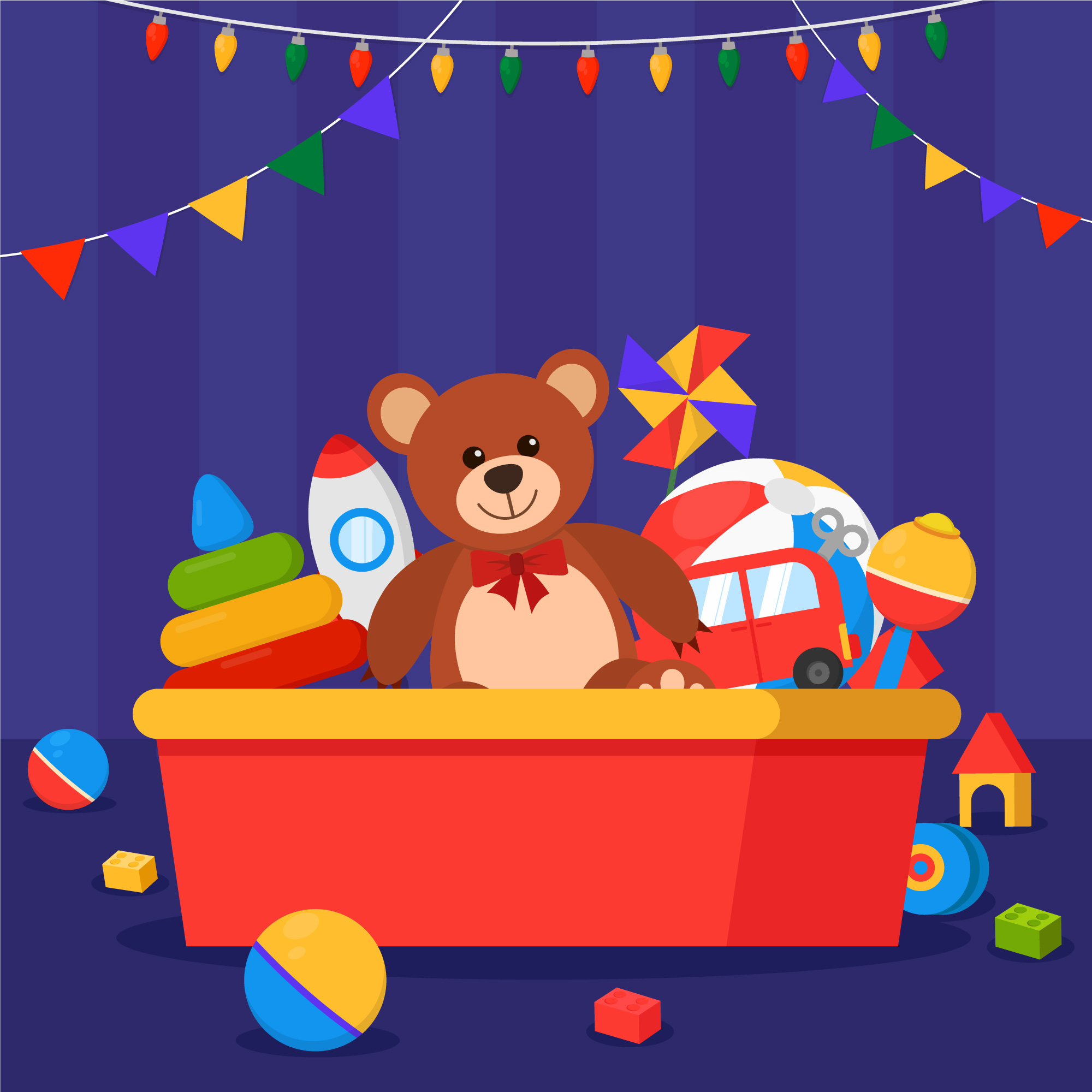















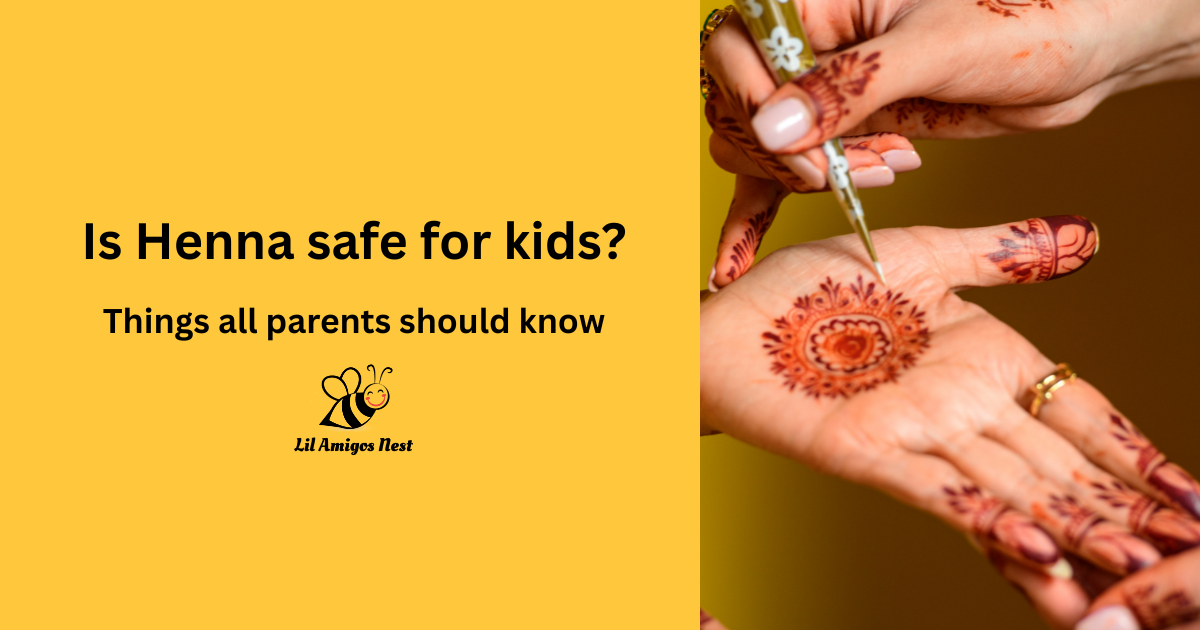
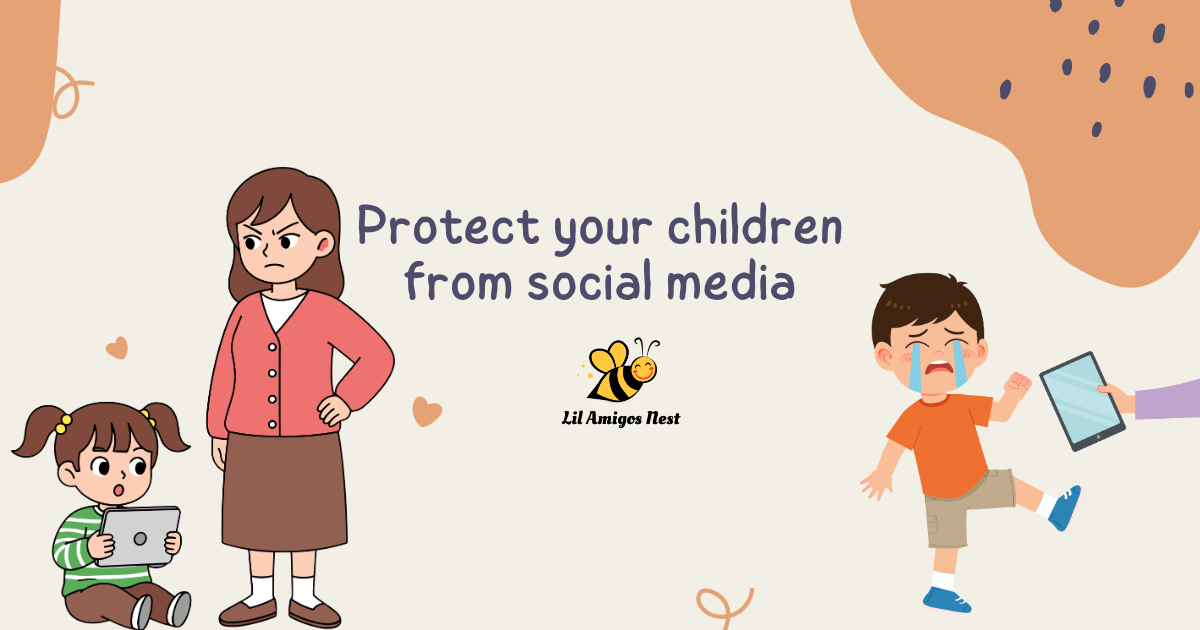
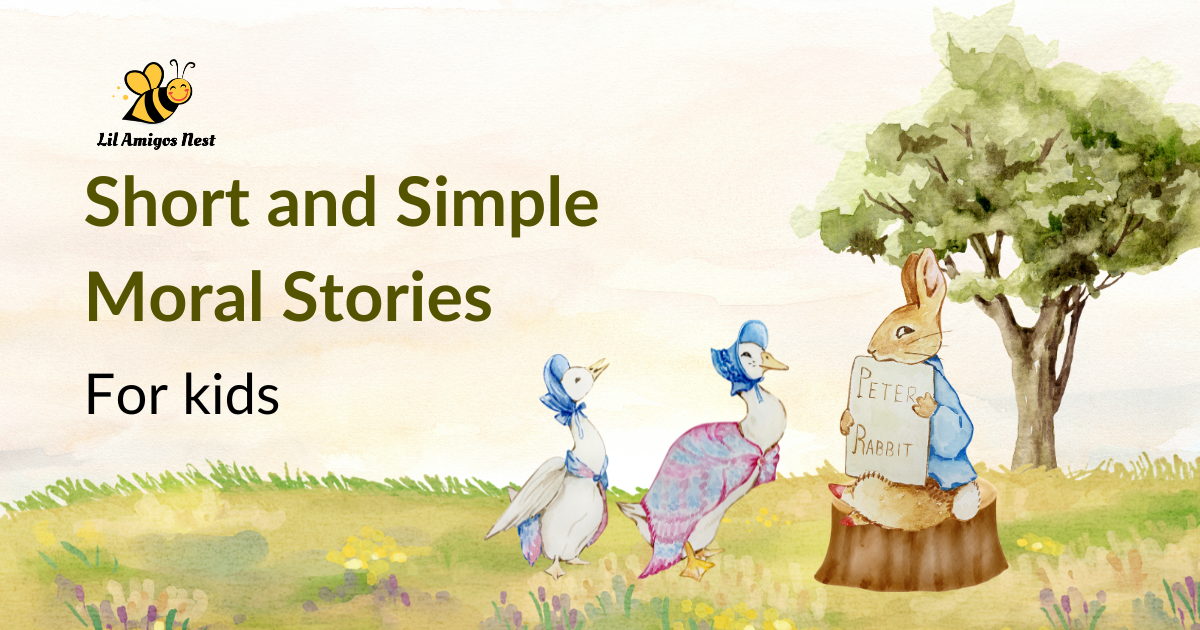
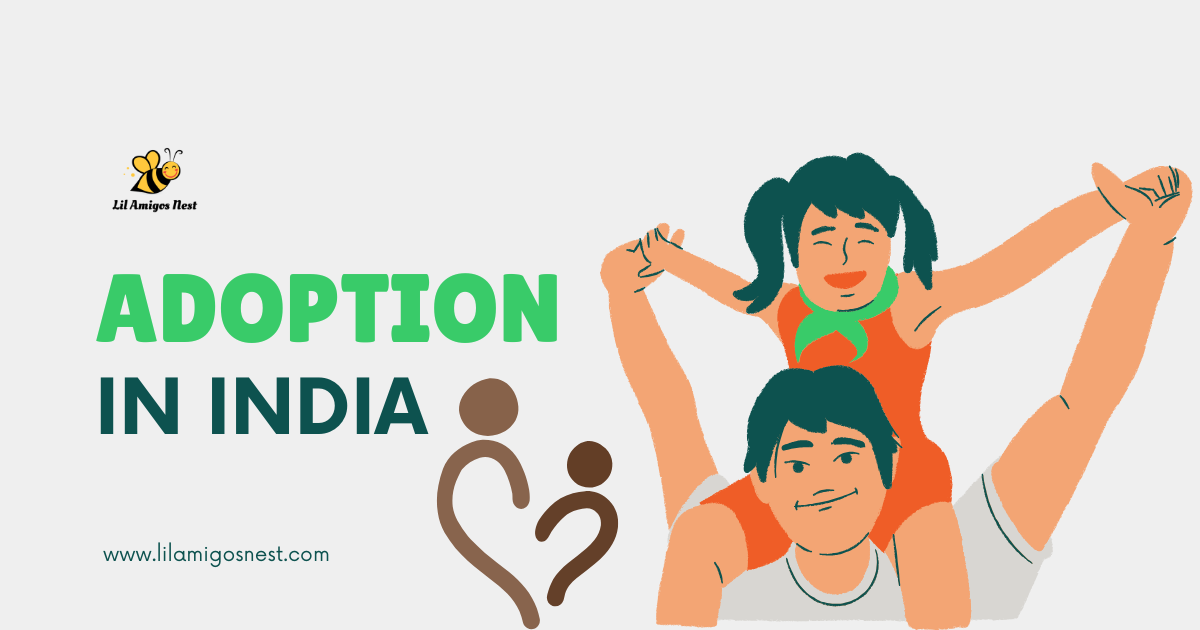
Please complete your information below to login.
Sign In
Create New Account